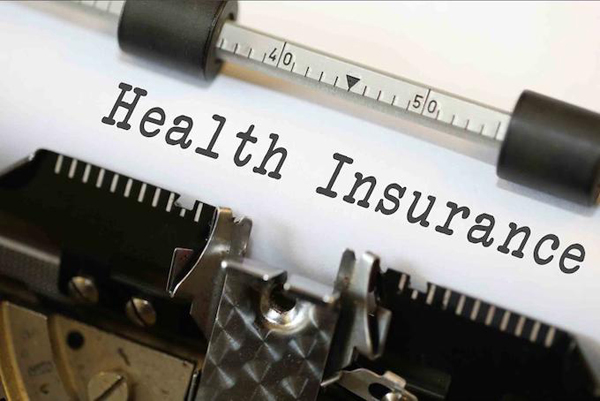- La Feria Community Holds Succesful Business Mixer Event
- Little Nashville to Take Place in Downtown Mercedes
- Lions Basketball Captures District Gold
- La Feria ISD Students Compete in Regional Chess Tournament
- Lions End First Half of 32-4A on a High Note
- La Feria ISD Held Another Successful Parent Conference
- Strong Appearance for Lions at Hidalgo Power Meet
- LFECHS Students Get to Meet Local Actress
- Students Participate in Marine Biology Camp
- Two LFECHS Students Qualify for All-State Band
More Texans Have ACA Health Coverage in 2018
- Updated: August 3, 2018

Texas has the highest uninsured rate in the nation. An estimated 4.6 million people in the state don’t have health coverage. Photo: Pixabay
by Eric Galatas
HOUSTON – Despite confusion over recent congressional efforts to repeal the Affordable Care Act, shorter enrollment periods and reduced advertising and outreach, the overall number of Texans with health coverage is on the rise, according to a new report by the Episcopal Health Foundation.
Brian Sasser, the foundation’s communications director, says 90 percent of Texans with active ACA health plans currently receive federal subsidies to help lower their premium costs.
“When you talk about people who actually signed up for a plan, and then paid their premium in 2018, there’s actually more people in Texas now who have active Affordable Care Act health insurance in 2018 than they did just one year ago,” he points out.
Sasser says 9 out of 10 Texans who signed up for ACA coverage during open enrollment last fall activated their plans in 2018.
Last year, just 78 percent of Texas enrollees activated plans.
As a result, Sasser says the ACA now provides affordable health coverage for more than 1 million Texans.
Sasser notes that while premiums increased by 32 percent this year, most Texans didn’t have to pay for that increase out of their pockets.
The report found that the average premium cost for Texans with subsidized ACA plans has dropped from $85 to $63 a month.
Sasser says more could be done to expand health coverage to more families, which also would help taxpayers who end up footing the bill when people can’t pay for health care.
“There’s just 4.6 million Texans who don’t have health insurance,” he states. “So, we’re all paying that bill in some form or fashion, and the health outcomes of people across the state are suffering because of that.”
Texas is one of 20 states that opted not to expand Medicaid coverage under the Affordable Care Act, and has the highest uninsured rate in the nation.


